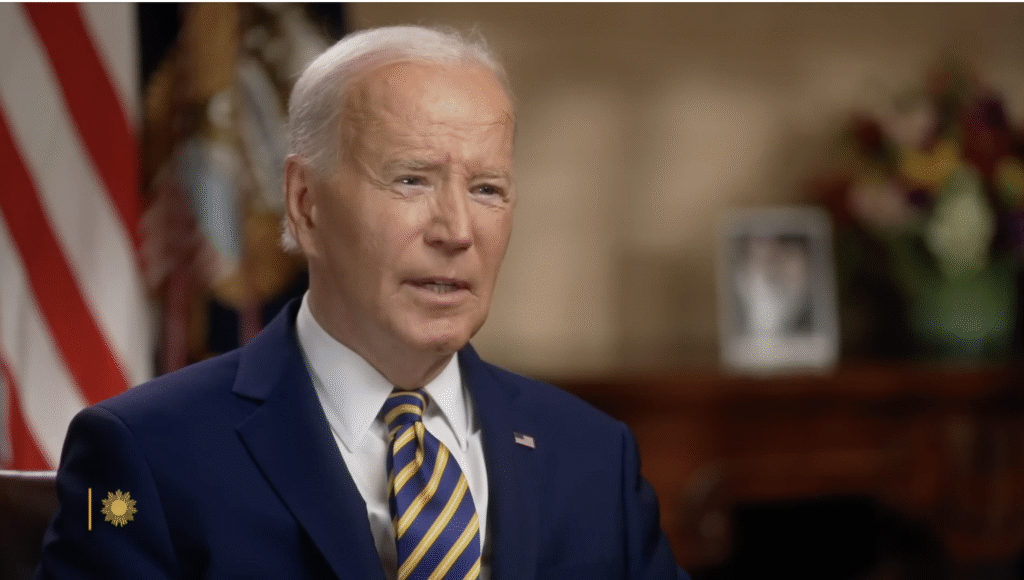Autopen technology has quietly shifted how signatures get handled at the highest levels of government, and that shift raises real questions about control, accountability, and the integrity of the presidency. This piece looks at why the autopen matters, how it can concentrate power, what that means for the rule of law, and what reasonable safeguards a conservative viewpoint would favor to protect institutional trust without expanding government reach.
The autopen started as a practical tool for busy officials to sign routine items, but its role has blurred into decisions with real consequence. Republicans generally value strong, accountable leadership, and when a machine stands between the public and the person elected, that accountability gets fuzzy. That is the concern watchdogs and many citizens share: tools meant to help can be misused or allowed to substitute for human judgment.
‘Whoever controlled the autopen controlled the presidency,’ Mike Howell, of the government watchdog Oversight Project, said. Howell’s line captures the worry that signature power equals decision power when left unchecked. If delegation of signature authority becomes delegation of judgment, the voters who elected the president have been shortchanged.
From a constitutional perspective, signature implies responsibility. The presidency rests on trust that the person occupying the office makes the ultimate choices, even if staff facilitate routine business. When signatures are routinized through devices or automated processes without clear limits, it creates a gap between legal responsibility and practical control that voters did not authorize.
There is also a legal gray area around which documents and actions can be signed on behalf of the president. Some items are purely ceremonial, while others carry legal force and international consequence. The conservative stance favors clarity: draw firm lines about what may be handled electronically or by proxy and what requires the president’s direct, personal approval.
Practical safeguards can be narrow and straightforward without creating a bureaucratic mess. Audit trails, time-stamped logs, and transparent policies that list categories of delegable items protect both the office and the person who holds it. Conservatives will argue for rules that keep executive action accountable to voters and their representatives rather than expanding oversight into micromanagement.
Technology adds another layer of risk. An autopen is only as secure as the procedures and people around it, and software-driven signatures can be copied, misapplied, or issued without sufficient review. That matters for national security, contractual commitments, and public confidence; protecting sensitive authorities from casual automation is commonsense governance.
Trust in institutions is fragile and easily damaged by avoidable secrecy or sloppy delegation. Ordinary citizens expect that when the president signs something, the president meant it. Restoring and preserving that expectation is a conservative priority because it defends the link between voters and the actions of their government.
Reasonable reforms could align practice with principle without expanding government power or creating needless red tape. Policies that require the president to personally sign certain classes of documents, establish clear exceptions for routine items, and maintain transparent records of who used delegated authority keep the office accountable. Those adjustments protect the presidency by ensuring that delegation does not become displacement and that technology assists leadership rather than replacing it.



